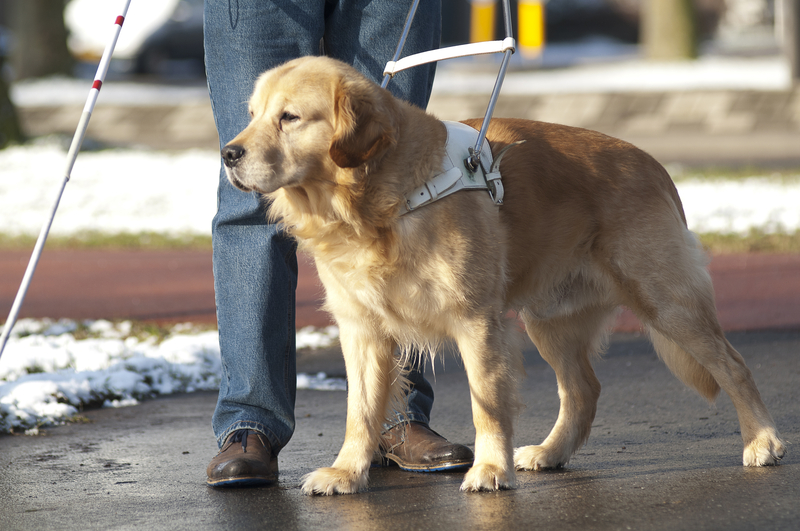Spain has taken a historic step to significantly improve the inclusion of people with disabilities who rely on the irreplaceable help of an assistance dog. A groundbreaking royal decree now guarantees unrestricted access for these specially trained animals to all public and private spaces throughout the country. This new regulation, which has come into immediate effect, replaces an outdated law from 1983 and finally creates a unified legal framework that applies nationwide.
Previously, the rights and access of assistance dogs were inconsistently regulated in the individual Autonomous Communities of Spain, often leading to uncertainty and unfortunately, discrimination. The new law removes these obstacles and establishes clear, nationwide provisions. This significantly promotes and protects the mobility, autonomy, and full social participation of people with disabilities.
The implications of this new development are far-reaching: places that were previously often restricted for animals are now fully accessible. These include supermarkets, restaurants, theaters, museums, educational institutions, tourist accommodations, and beaches. Even swimming pools and amusement parks are permitted, as long as the dogs do not enter the water. Transport on all public transport, including air travel, is now guaranteed without additional costs, which represents an enormous relief for the affected individuals.
A particularly groundbreaking innovation is the legal anchoring of the “right to rest” for assistance dogs. After ten years of loyal service, these dedicated animals are allowed to retire, but retain their lifelong right to continue accompanying their handler in all public spaces. This acknowledges the immense importance and tireless efforts of these animals and ensures that they can lead a dignified life alongside their humans even in retirement.
To ensure the professionalism and reliability of assistance dogs, the law stipulates that their training may only be carried out by officially recognized individuals or institutions. This ensures that the animals are optimally prepared for their diverse tasks.
Furthermore, the law extends far beyond merely considering visual impairments. It explicitly includes individuals with hearing impairments, physical limitations, autism spectrum disorders, and conditions requiring medical emergency alerts. With this, Spain underscores its commitment to a comprehensive and barrier-free society, where people with disabilities can fully and equally exercise their rights – a truly inspiring step for inclusion.




